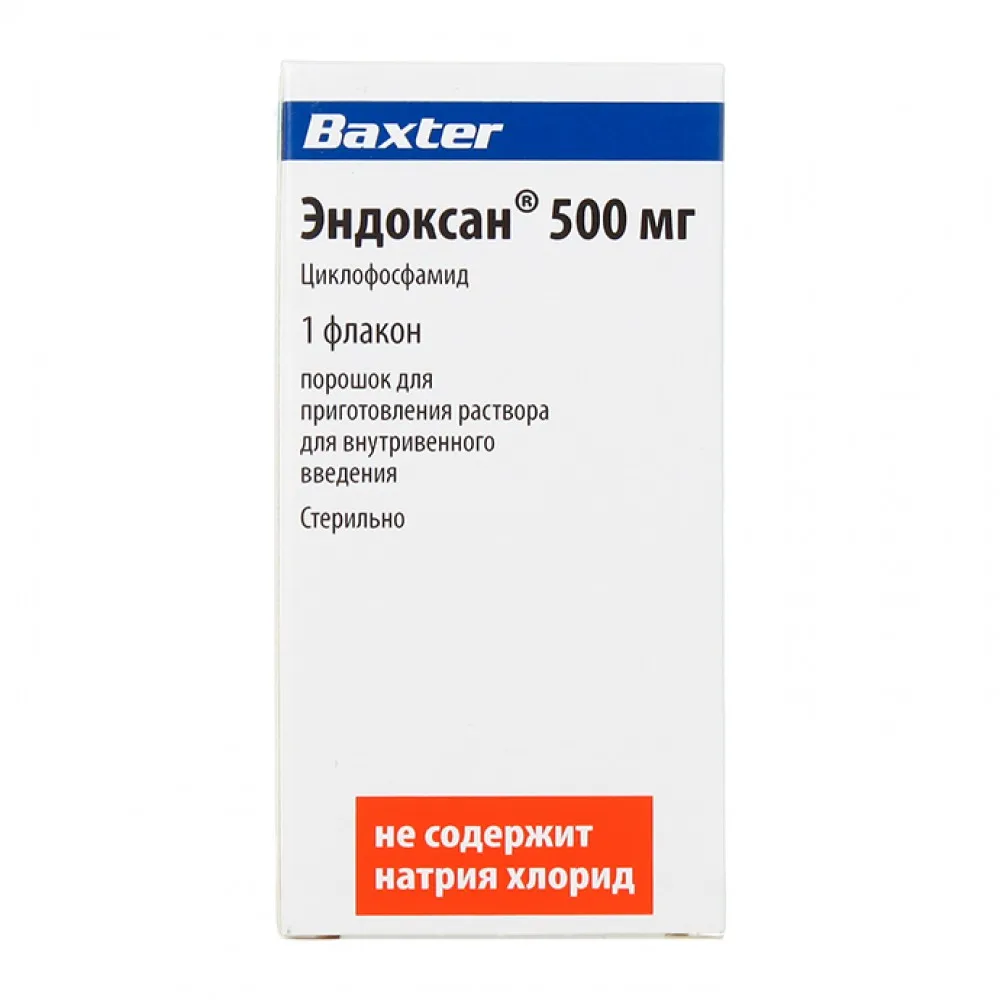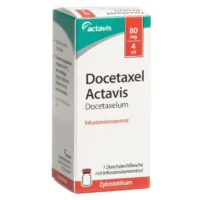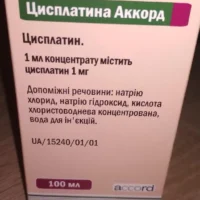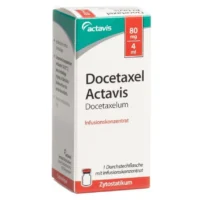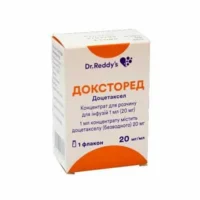Description
Endoxan (Cyclophosphamide) 500 mg Powder for Solution for Injections 500 mg Vial №1
Ingredients:
Each vial contains 500 mg of cyclophosphamide as the active ingredient.
Mechanism of Action:
Cyclophosphamide, the active ingredient in Endoxan, is an alkylating agent that interferes with the growth and spread of cancer cells by binding to DNA and inhibiting cell division. This mechanism of action makes it effective in treating various types of cancer and autoimmune diseases.
Pharmacological Properties:
Endoxan (cyclophosphamide) exhibits cytotoxic effects by disrupting DNA replication and RNA transcription processes in rapidly dividing cells. It is well-absorbed after intravenous administration and undergoes hepatic metabolism to form active metabolites that exert anticancer activities.
Indications for Use:
Endoxan (cyclophosphamide) is indicated for the treatment of lymphoma, leukemia, multiple myeloma, and certain autoimmune diseases such as rheumatoid arthritis and systemic lupus erythematosus. It is prescribed for patients requiring cytotoxic therapy for these conditions.
Contraindications:
Endoxan (cyclophosphamide) is contraindicated in individuals with a history of severe allergic reactions to cyclophosphamide or any of the excipients in the formulation. Patients with active infections, severe bone marrow suppression, or compromised renal or hepatic function should also avoid its use.
Side Effects:
Common side effects of Endoxan (cyclophosphamide) include myelosuppression, gastrointestinal disturbances, alopecia, and increased susceptibility to infections. Rare but serious adverse reactions may include hemorrhagic cystitis, pulmonary fibrosis, and secondary malignancies.
Usage Instructions:
The dosage of Endoxan (cyclophosphamide) should be individualized based on the patient’s body surface area, renal function, and overall health status. It is typically administered intravenously by a healthcare professional in a hospital or clinical setting. Monitoring for adverse effects and regular blood tests are essential during treatment.
Benefits Compared to Analogues:
Endoxan (cyclophosphamide) offers advantages over other alkylating agents due to its broad spectrum of activity against different types of cancer and autoimmune diseases. Its well-established efficacy and safety profile make it a preferred choice in various treatment regimens.
Suitable Patient Groups:
Endoxan (cyclophosphamide) can be used in pediatric and adult populations, including elderly patients, under close medical supervision. Dose adjustments may be necessary in individuals with renal or hepatic impairment to prevent drug-related toxicities.
Storage Conditions and Shelf Life:
Endoxan (cyclophosphamide) should be stored at controlled room temperature away from light and moisture. The vials should be kept in their original packaging to protect from degradation. The shelf life of the product is typically mentioned on the packaging and should be checked before use.
Packaging Description:
Each package of Endoxan (cyclophosphamide) contains vials of the powder for solution for injections, with clear labeling of the product name, strength, and quantity. The packaging should include information on proper handling, reconstitution, and administration of the medication.
Clinical Evidence and Proven Effectiveness:
Endoxan (cyclophosphamide) has demonstrated significant efficacy in clinical trials for treating various malignancies and autoimmune disorders. Studies have shown its ability to improve overall survival rates and quality of life in patients with lymphoma and certain autoimmune conditions. For example, a study published in the Journal of Clinical Oncology highlighted the benefits of cyclophosphamide in combination therapy for lymphoma.

